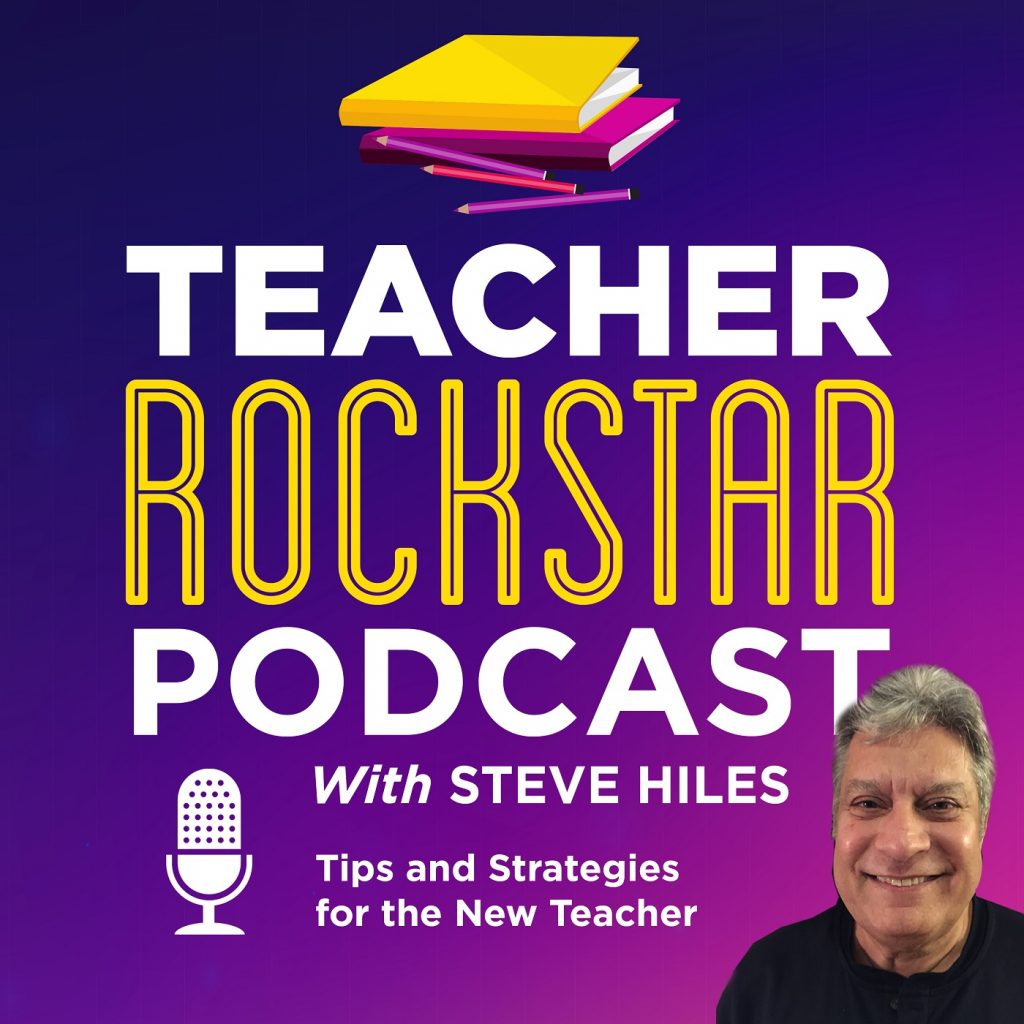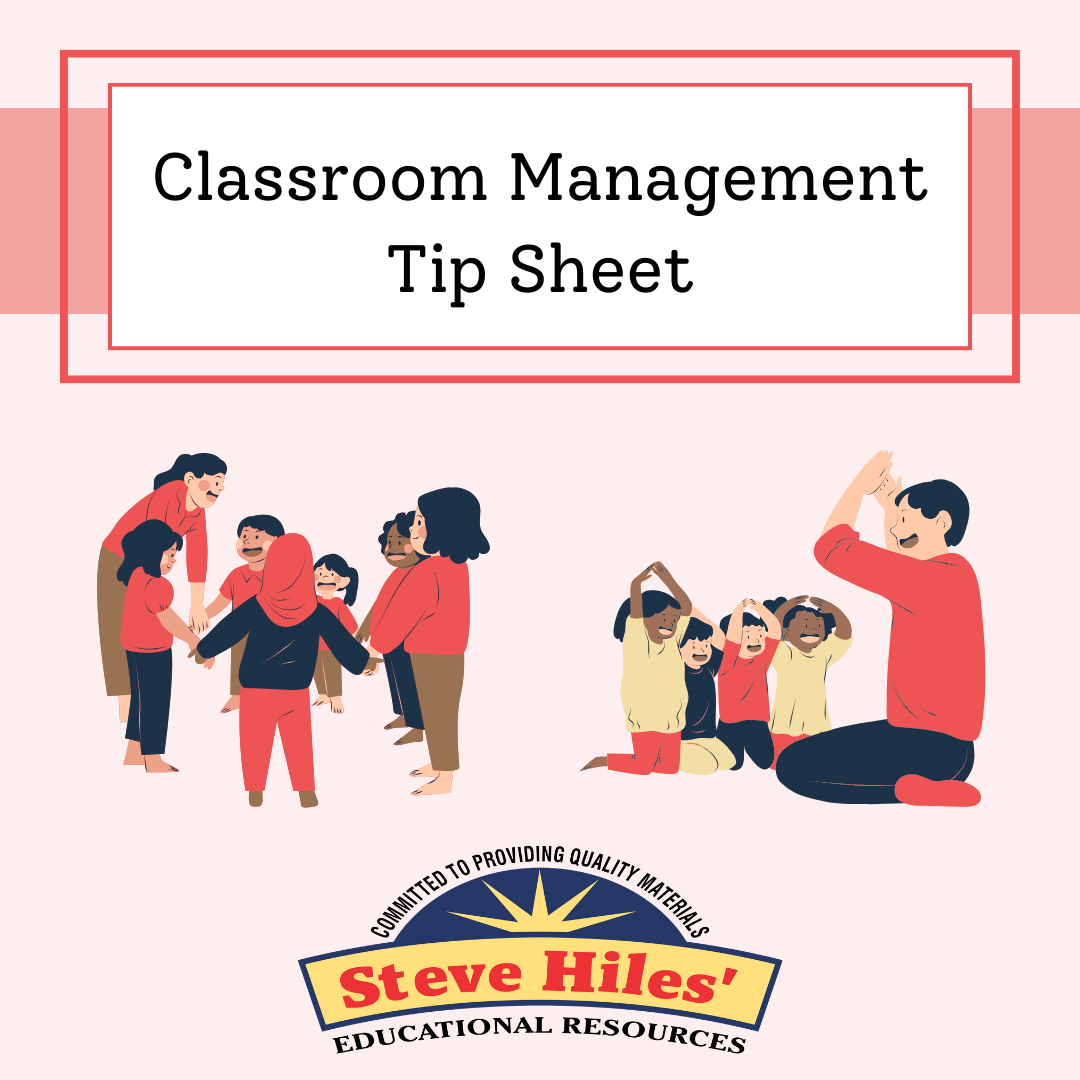I’m going to share with you 3 secrets to leveraging your expertise.
Table of Contents
ToggleSecret #1 — Be creative and innovative
There are many different ways to teach a subject. Don’t be afraid to experiment and try new things. The more creative and innovative you are, the more likely you are to capture your students’ attention and keep them engaged.
For example, if you’re teaching a class of students who are all visual learners, you can use pictures, videos, and diagrams to illustrate your lessons. If you’re teaching a class of students who are all auditory learners, you can use music, stories, and poems to engage them.
The key is to find ways to make your lessons interesting and relevant to your students. If you can do this, they’re more likely to be engaged and motivated to learn.
Secret #2 — Be passionate about your subject
When you’re passionate about what you’re teaching, it shows. Students can tell when a teacher is genuinely interested in the material, and they’re more likely to be engaged and motivated to learn.
If you’re not passionate about your subject, it can be difficult to keep your students’ attention. You may find yourself struggling to come up with interesting and engaging lessons.
So, if you want to be an effective teacher, it’s important to choose a subject that you’re passionate about. This will make your job more enjoyable and rewarding, and it will help you to create a more positive learning environment for your students.
Secret #3 — Know your audience
This is by far the first and most important secret to leveraging your teaching expertise. You need to understand your students’ needs, interests, and learning styles in order to tailor your teaching methods and materials to them. This means getting to know them as individuals and understanding what motivates them to learn.
For example, if you’re teaching a class of students who are all interested in science, you can use this interest to your advantage by incorporating hands-on activities and experiments into your lessons. If you’re teaching a class of students who are all struggling with math, you can provide them with extra support and practice problems.
The more you know about your students, the better you’ll be able to reach them and help them learn.







